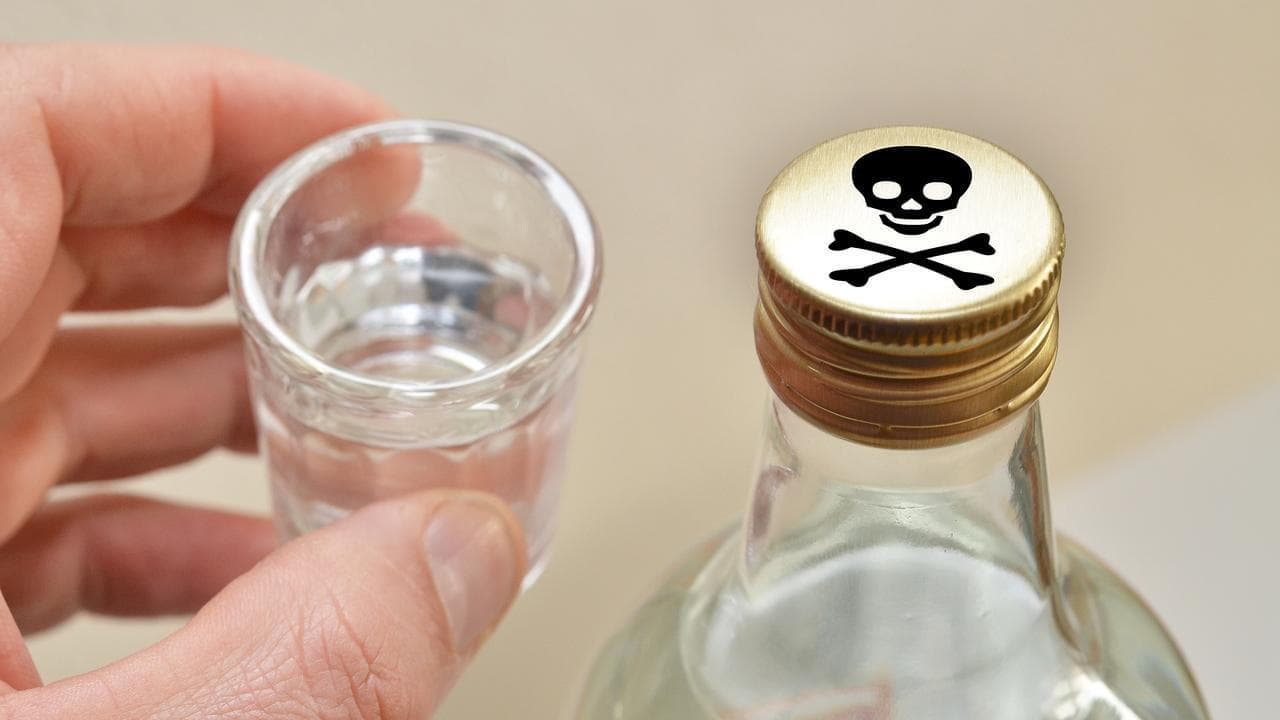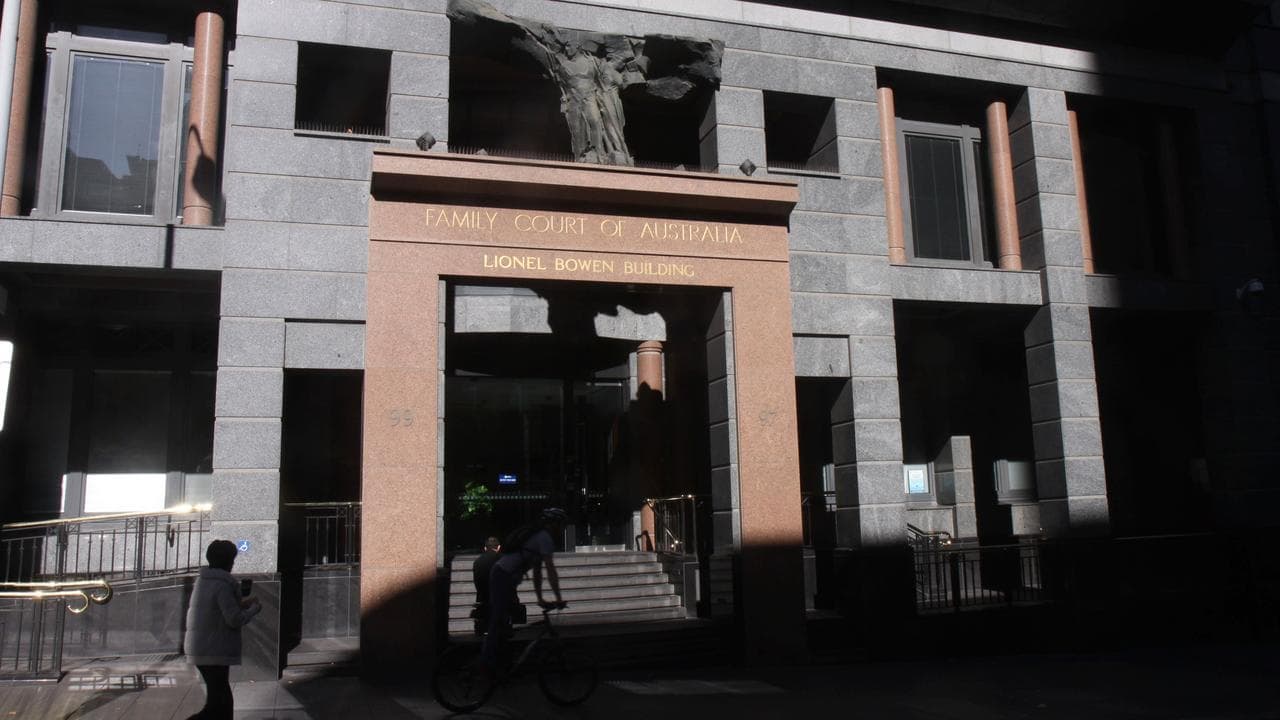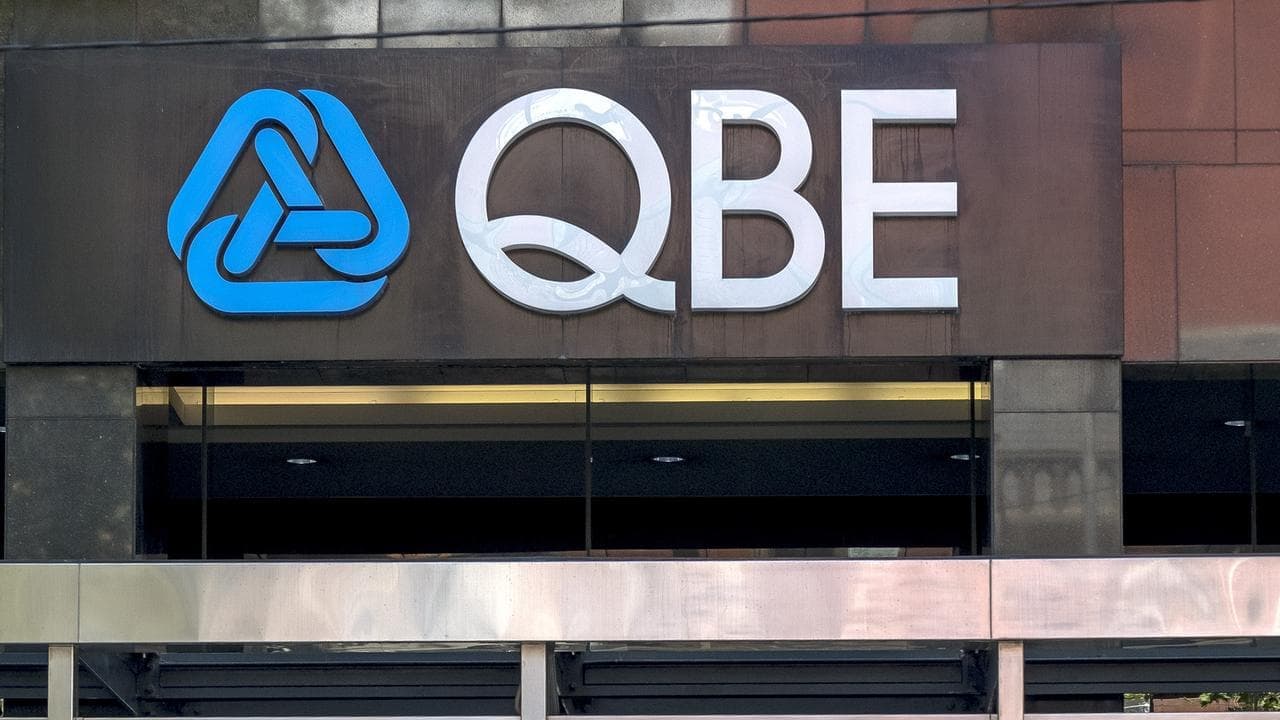WHAT WAS CLAIMED
An electric vehicle charging point in the Nullarbor is powered by diesel.
OUR VERDICT
Mostly false. The EV charger in the video is fuelled by used cooking oil for the majority of the year.
A video circulating on social media claims that an electric vehicle (EV) charging station in the Nullarbor is powered by diesel fuel.
The claim is mostly false. The Caiguna Roadhouse EV charging point is fuelled by chip (vegetable) oil recycled from the roadhouse's deep fryer. On rare occasions when the temperature drops too low the charger requires diesel to get it started.
"Let me take a moment and I'll show you how it works," says Craig "Macca" McGowan in the video, walking over to the EV charging unit. "So this is what we do. The first thing you need to do when you're becoming environmentally friendly is cut a few trees down, because you're going to need some pallets to put your diesel fuel on, of course." At this point, Mr McGowan points to a small stack of wooden pallets that support two 44-gallon drums.
Mr McGowan then claims that the diesel is used to generate electricity for the charger. "The electricity comes through to this here at the front, which is of course our charging station, where we plug our environmentally friendly car into, and whoop there we go. Saving the world one step at a time."
TV personality Mr McGowan has more than 130,000 followers on Facebook. He also sells his own range of meat seasoning rubs.
His video (archived here) has received more than 830,000 views at the time of writing. It has also been shared elsewhere, such as here and here.
But the drums are not filled with diesel.

A representative from Caiguna Roadhouse, where the video was filmed, told AAP FactCheck "the gentleman is wrong on a lot of aspects".
They confirmed in an email that the two 44-gallon drums are filled with used, filtered cooking oil from the roadhouse's deep fryer.
For the majority of the year, the EV charger is fuelled by this used cooking oil. Occasionally, during colder weather, diesel is used to kick-start the process.
"Usually when the temperature drops we use the diesel to start the EV charger which also warms up the used cooking oil," the representative said. "Only once the oil is warmed and thinned does it begin to flow and we can convert back to using the oil."
On rare occasions when the temperature has been close to zero degrees and the cooking oil could not be heated enough to flow through the filters, the Caiguna Roadhouse EV charger has had to rely on diesel fuel. "This has happened on no more than four occasions" since the charging station was installed in January 2022, the representative said.
Jon Edwards, a retired engineer who developed the roadhouse's BiØfil EV charger, told AAP FactCheck in an email that "the unit started, ran perfectly on waste oil, fully charging my car" when he visited in November 2022. Edwards confirmed that "for the majority of weather it runs on the waste fryer oil."
In a December 2021 ABC article, Edwards told reporters he developed the BiØfil EV units as a solution for roadhouses in remote areas "that are in the 'too-hard basket' with very low volumes of traffic and no business case to support solar and batteries."
Edwards and the Caiguna Roadhouse representative also informed AAP FactCheck of plans to fit heaters into the filters ahead of the 2023 winter, with the aim of eliminating any reliance on diesel.
Similar claims about Edwards' inventions have been checked here, here and here.
The Verdict
A claim that an electric vehicle (EV) charging station in the Nullarbor runs off diesel fuel is mostly false. The charging station's inventor and a representative of the Caiguna Roadhouse, where it is located, both confirmed it runs off used cooking oil.
On rare occasions when it is too cold, diesel can be used to kick-start the process and even power the charger.
Mostly False — The claim is mostly inaccurate but contains minor elements of truth.
AAP FactCheck is an accredited member of the International Fact-Checking Network. To keep up with our latest fact checks, follow us on Facebook, Twitter and Instagram.












